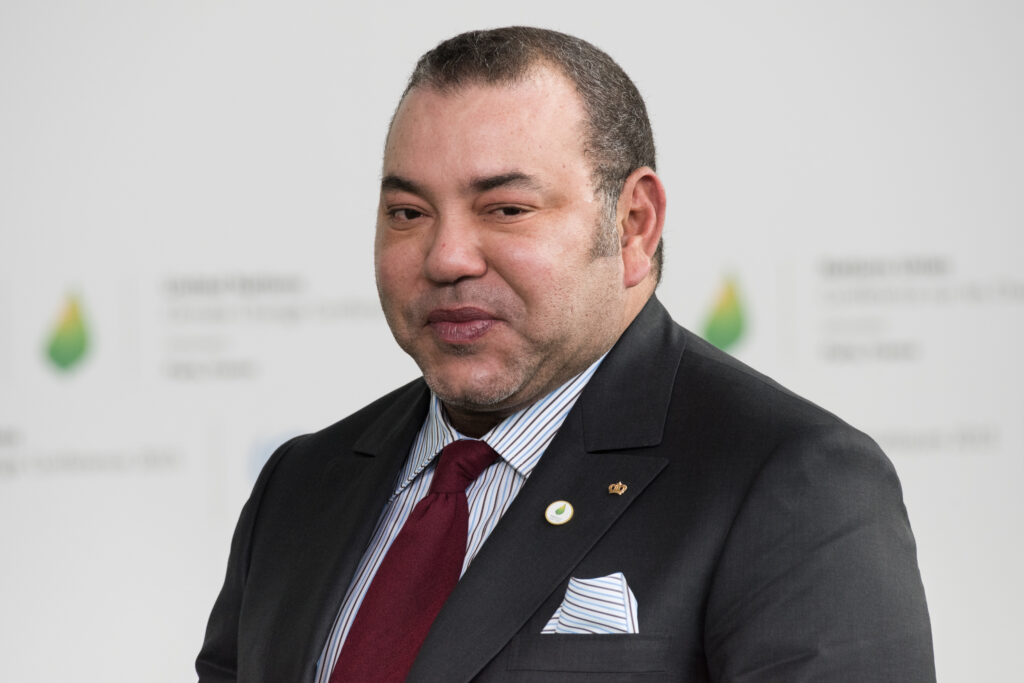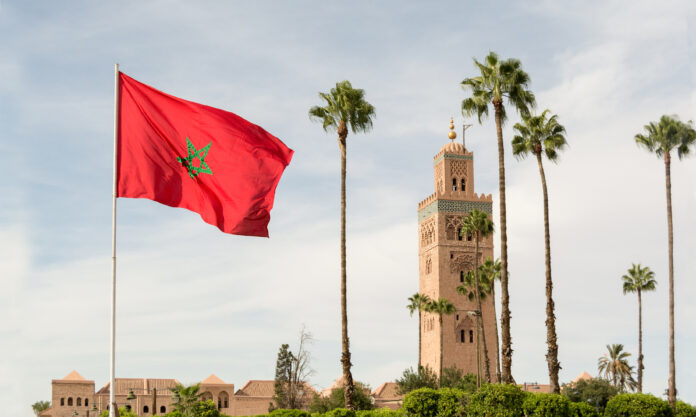In Morocco, politicians and activists are challenging limits on what preachers can discuss regarding the Middle East conflict during sermons.
Socialist MP Nabila Mounib voiced her disapproval in a parliamentary session over restrictions placed on imams who want to speak about the Palestinian struggle, particularly their ability to encourage religious support for the Palestinian cause.
Mounib argued that imams face obstacles when trying to address the situation in Palestine. “No imam can speak about the Palestinian issue,” she claimed, adding: “Today no one is demanding jihad for our brothers in Palestine.”
Later, in an interview with Anfas Press, Mounib clarified that she aimed to criticise the silencing of Palestinian issues in sermons, not to promote jihad. “I did not say they should call for jihad from the pulpit,” she explained.
Minister of Islamic Affairs Ahmed Toufiq refuted Mounib’s statement that imams can’t discuss the war, but he upheld the prohibition on calls for jihad, saying: “Any imam who talks about barbarism and injustice and denounces them is welcome, but calling for jihad is something else.” He highlighted that “jihad” carries multiple interpretations, which could be divisive.
Moroccan imams are employed by the state and their sermons must remain apolitical. While Morocco’s Ministry of Islamic Affairs has stated that discussing issues like the Israel-Hamas conflict is allowed, activists worry that unofficial restrictions on Palestinian topics still exist.
Last year a document emerged on social media allegedly outlining these restrictions, but the Ministry of Islamic Affairs denied the document’s legitimacy, saying that imams are indeed allowed to discuss Palestinian suffering.
Subscribe to our newsletter and stay updated on the latest news and updates from around the Muslim world!

Editorial credit: Frederic Legrand – COMEO / Shutterstock.com
To some Moroccan pro-Palestinian activists, the issue is less about the term “jihad” and more about the gap between the state and public opinion.
Ahmed Wehman, of the Moroccan Observatory for Anti-Normalisation, said that imams should have the right to express their views, saying: “Imams have a right to take a stand and, in Islam, even have a duty.” He further criticised the government, claiming, “The government has nothing to do with Moroccan public opinion. They do not represent Morocco and Moroccans.”
While Morocco, which historically has a prominent Jewish community, was one of four Arab countries to normalise relations with Israel in 2020, tens of thousands have taken to the streets in protest of Israel’s actions, demanding the end of diplomatic ties.
These demonstrations have brought together diverse groups, from socialists like Mounib to “Islamists,” including members of the Justice and Development Party and Al Adl Wal Ihsane, a banned but tolerated Islamic movement that avoids electoral politics. Some of its members have faced arrest for social media posts about Morocco’s ties with Israel.
According to Francesco Cavatorta, a political science professor at Université Laval, Morocco and other countries like Algeria, Egypt, and Syria have historically overseen religious messaging to maintain stability. He noted that Morocco’s policy aims to portray the country as “a Muslim country but a tolerant country and a welcoming country.”
Recently, Morocco has even suspended preachers who defy these regulations. And the Ministry of Islamic Affairs releases sermon guidelines each Wednesday, two days before Friday prayers.























